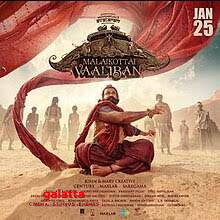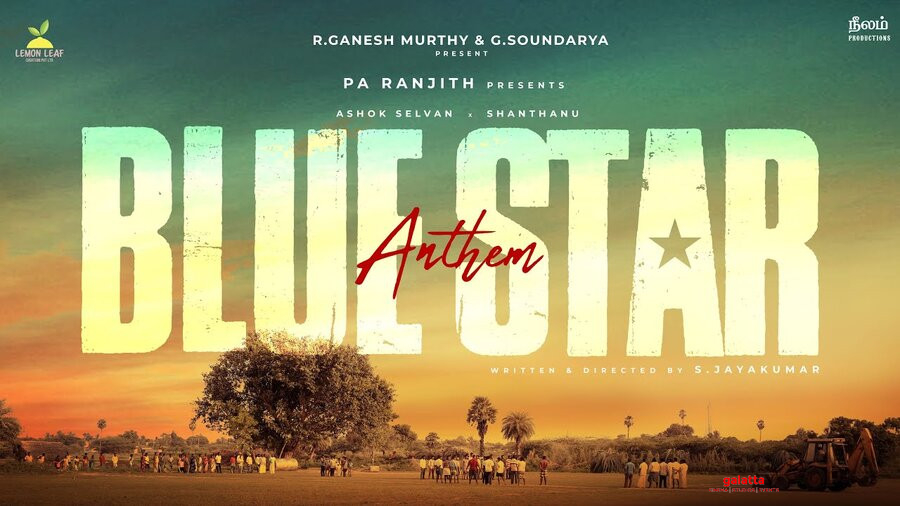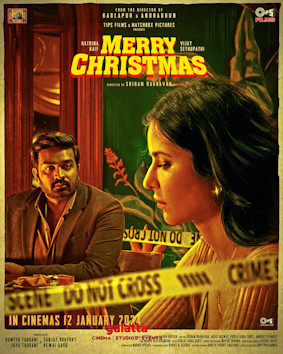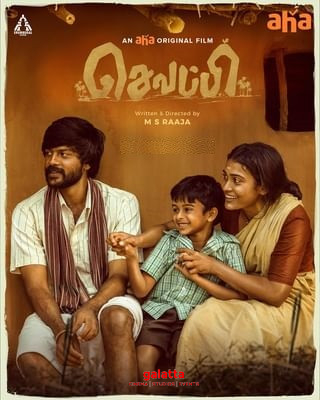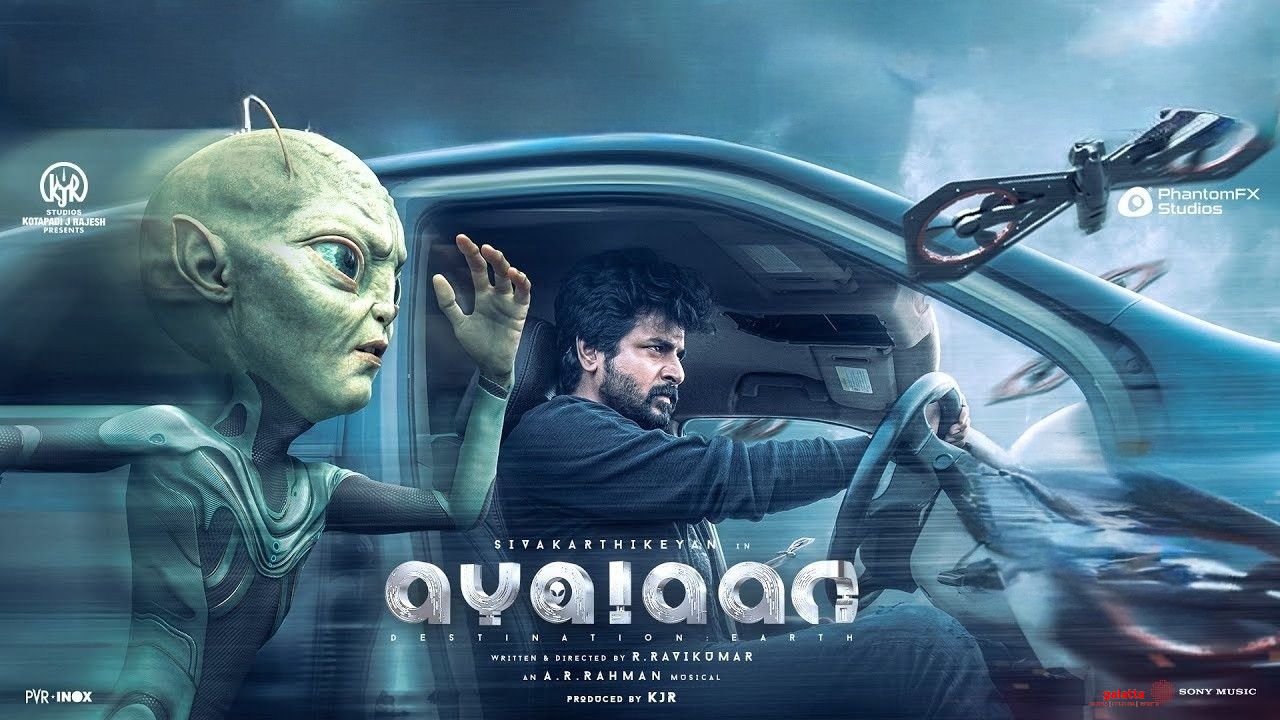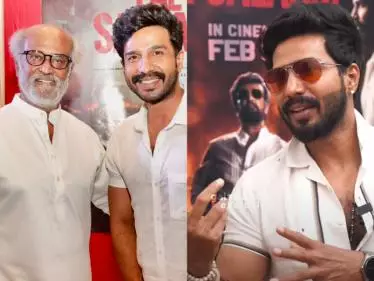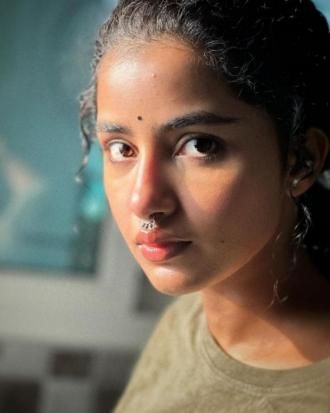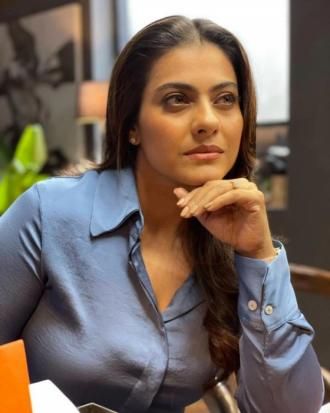Lal Salaam Movie Cast & Crew
In Aishwarya Rajinikanth’s Lal Salaam, Senthil plays a temple priest named Saamikannu. He lives alone. His son lives elsewhere with his family, and Saamikannu yearns for the annual temple festival: the thiruvizha. That is when his son will visit, and that is when his loneliness will disappear for a while. But you know what happens in Tamil cinema whenever a temple chariot – the ther – is involved. There is a conflict, and the festival is suspended. Saamikannu is heartbroken. Thiru (Vishnu Vishal) is blamed, because he has a tendency to get into fights, and he got into a fight with a big shot played by Vivek Prasanna. That man, in revenge, dragged the ther away. Thiru’s mother is distraught. She beats her son in public and practically expels him from the village, saying – no, screaming – that the day she receives news of his death will be a happy day for her. The “Interval” sign came up and I began to wonder…
We speak about bound scripts today. We speak about the importance of writing. We speak of narrative arcs, character arcs. And yet, in the 1980s/90s, when they spoke about none of these things, they wrote better melodrama. We often hear of scenes and lines that were written on the sets, and yet, the writers of those times would have found a way to make Saamikannu’s plight more moving to the audience. They would have fleshed out Thiru’s character better, and his relationship with his mother would have certainly been written better. They would have made us clearly understand the many interlocking subplots about family and religion and cricket and politics. The big mistake Lal Salaam does is trying to do fancy new screenwriting things with old-fashioned, melodramatic material about religious harmony. “Non-linear screenplay”: the phrase sounds so cool. But not all films need it.
Lal Salaam opens with a politician (KS Ravikumar) saying that elections are not going to be easy, because of one particular incident that occurred in one particular place. And we travel to the past, to that incident in that place – but then, without warning, we are back in the present. This clumsy seesawing between present and past is a constant problem. The writing is unable to make these time jumps coherent, and the breakneck editing does not help. I think they realised this as they kept editing, because things that should have been shown are narrated by a voiceover. For example, we should have had a scene that makes us realise a character is experiencing guilt. Instead, the voiceover says: “He felt guilty.” Suddenly, we are yanked off to Bombay, when the same scenarios would have played out no differently had they been staged back here.
The crux of the story is that of a village where Muslims and Hindus lived in harmony – until the Babri Masjid events changed everything. (The reference to the Masjid is muted, but that’s what my amateur lip-reading skills picked up.) The two sides of the religious divide are represented by Thiru and Shamsuddin (Vikranth). Focusing on these two characters would have added weight to the cricket matches played by these friends turned foes. But because the director wants to accommodate her father in the film – Rajinikanth plays a textile baron named Moideen Bhai – the screenplay gets even more lopsided. Poor Vikranth is reduced to a prop, despite having Kapil Dev himself praising the character’s cricketing skills. And what about Thiru’s love interest? They get a scene, a song, and then she disappears. Why have a romantic angle when it is contributing absolutely nothing to the narrative?
Time and again, I kept thinking about the wince-inducing old-fashioned-ness of the storytelling. Shamsuddin is in the hospital, and his father has to sign consent papers for a surgery. CUT TO: a happier time when Shamsuddin asked his father to sign his cricket bat. We are meant to weep and say something like: “Oh, look at the difference between the happy signature and the sad signature!” The only person who survives somewhat is Rajinikanth. He gets the usual slo-mo fights and usual lines: like, “Paiyan sambaadichaa veettukku perumai / Paiyan saadhichaa naattukke perumai.” Say what? He even makes the usual speeches, about how all blood is one, whether Hindu or Muslim. But the difference, here, is that he is in a full-fledged supporting role. Yes, it is a starry supporting role – but it is nice to see him freed from the burden of carrying a film. This will likely never happen again, so there’s at least one thing that’s unique about Lal Salaam. I have said this before. I will say this again. Good intentions are not enough for a good movie.


